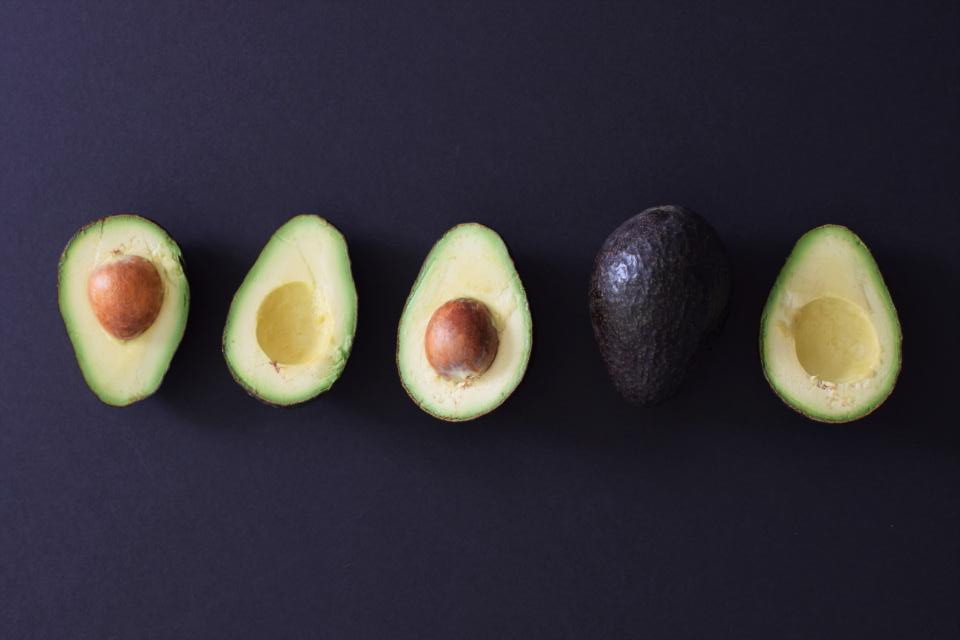I’d love to share some sound nutritional medicine on the importance of dietary fat or lipids. I will help you understand the difference between good and bad fats and the role high quality lipids play to benefit your health and improve disease prognosis.
Your body needs high quality fat for a variety of reasons. For cellular health. The outer membrane of all cells in our bodies is composed of a fatty bi-layer that holds the contents of the cell inside and allows the transport of key signalling messengers to move from inside and out of all cells. Healthy cellular communication is key to tissue development, organ function and systemic health.
Good fats allow us to metabolise fat-soluble nutrients like vitamins E,A,D and K. Lipids keep our skin and hair healthy, promote better brain function, support cardiovascular health and keep inflammatory processes in check. They can help with mood disorders such as depression and improve cognitive and learning outcomes. There is strong evidence to support the use of marine triglycerides (oils) to help facilitate weight loss and improve metabolic profile.
So what oils are good and what should you avoid?
Without getting too techy lets agree that an ideal ratio of Omega 3 (anti-inflammatory) to omega 6 (pro-inflammatory) should be 1:1. Unfortunately the modern Western diet of refined, processed and factory food is more skewed toward a ratio of 1:20. This is bad news for your health and partially helps explain the increase in metabolic and chronic health prevalence.
Poor quality veggie oils and rice bran oil apart are high in Omega 6 and are prone to going rancid. When you ingest rancid oil it causes oxidative stress in your body and will lead to cellular damage and inflammation. Be mindful that most processed food will have oils that do not contribute to health and wellness. However, one can be discerning when shopping and find healthy alternatives in most cases.
Healthy oils include cold pressed extra virgin olive oil, which is a better choice for cooking. It’s much more stable and tastes better too. Keep the heat low if frying and use a desert spoon of water to help reduce smoking. Other healthy oils are fatty fish, anchovy, cod liver oil, avocado, almonds, pumpkin seed, flax seed oil and evening primrose oil. These are rich in Omega 3.
Lastly if you are considering supplementing discuss options with your qualified health practitioner or pharmacist. This will ensure your choices are appropriate and safe to meet your needs.







